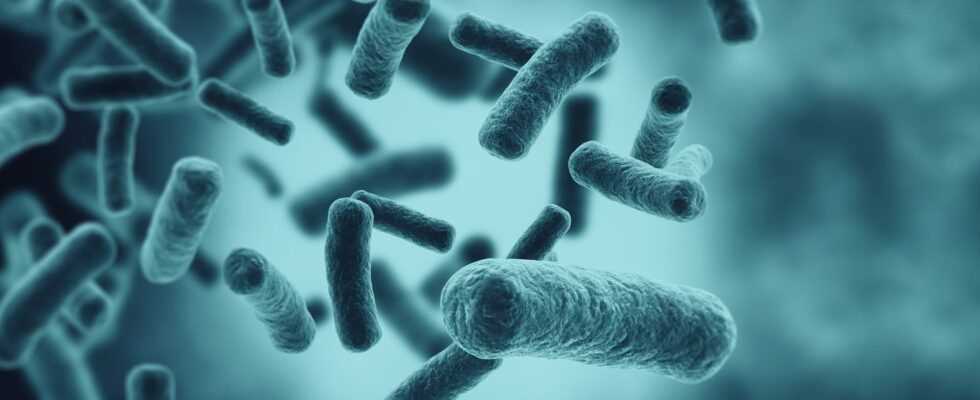Carbon dioxide is a greenhouse gas, but it can also serve as an important raw material for the production of various chemical compounds. Some research groups are therefore working to identify CO2 intercept and use it sensibly before it enters the atmosphere. In “Nature Biotechnology”, a team of researchers now describes an advance in which considerable quantities of carbon dioxide are converted into industrially useful basic chemical building blocks by genetically modified bacteria.
The team did this with genetic engineering Clostridium autoethanogenum-Bacteria changed. These so-called autotrophic bacteria belong to the acetogen family, which means that their metabolism utilizes various small organic molecules with one or a few carbon atoms in the absence of sunlight and oxygen. They essentially gain energy through carbonate respiration, i.e. they transfer electrons from hydrogen to CO, for example2. The research group led by Fungmin Eric Liew from Northwestern University has now increased the natural performance of the bacteria and technically optimized the process in such a way that the Clostridium-Cultures chemicals such as acetone and isopropanol from CO2 to produce. Both substances are not otherwise produced by bacteria in nature.
The carbon balance of the process is negative, which means that the bacteria fix more carbon from the carbon dioxide than they release. This is essential because it is the only way the process can reduce carbon dioxide in the atmosphere. This is not the case with current processes in which bacteria are used to produce chemical compounds: Typically, sugar is used as a raw material for fermentation processes by bacteria such as E. coli. But the bottom line is that a lot of greenhouse gas is produced, if only to obtain the usable sugar.
